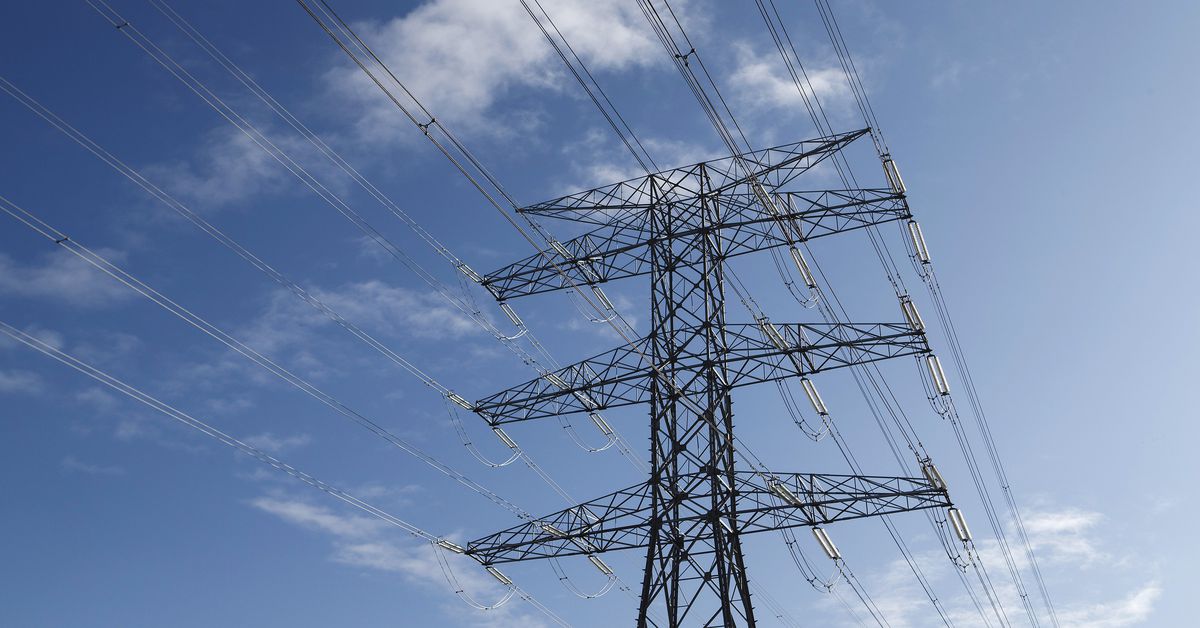
Column_ Can Spain & Portugal resolve Europe’s industrial energy value crisis_
July 26 (Reuters) – A number of main European industrial sectors have been hammered by excessive energy prices over the previous yr after Russia’s invasion of Ukraine reduce pure gasoline flows to the area and excessive inflation and rates of interest cooled world shopper demand.
European output of chemical substances, paper, crude metal and aluminium have all slumped from pre-crisis ranges, and lots of energy-intensive operations danger everlasting closure except energy prices drop considerably from present ranges, in line with the Worldwide Power Company’s newest electrical energy market report.
Nonetheless, ahead energy worth markets point out that future energy prices in main manufacturing hubs similar to Germany, France and Poland won’t solely keep properly above historic averages, however will stay susceptible to common steep rallies as vitality programs retool away from fossil fuels.
Spain & Portugal energy costs set to commerce at widening reductions to costs in Western Europe
In distinction, energy prices in Spain and Portugal will stay comparatively secure and considerably decrease than the typical throughout Western Europe, thanks to cost caps which might be anticipated to remain in place for the foreseeable future.
These worth caps in flip look set to lead to widening energy worth reductions for shoppers primarily based in Spain and Portugal – referred to as Iberia – in comparison with Western European shoppers, and should provide potential energy worth reduction for business.
IBERIAN EXCEPTION
The worth caps in place are a results of the so-called Iberian Exception, which argued that Spain and Portugal ought to be capable to give you their very own price-setting energy guidelines because of the truth that Iberia traditionally relied far much less on Russian gasoline imports than the remainder of Europe.
European lawmakers agreed, and allowed for Spain and Portugal to strip out the value of pure gasoline of their electrical energy price-setting system and enact a brand new pricing technique from mid-2022. learn extra
Since then, the ability worth variations for Iberia-based shoppers and people in Germany, Europe’s largest energy shopper, have been vital: Energy costs in Spain for the second half of 2022 averaged lower than half of these in Germany.
Spot month-to-month energy costs in Spain & Germany
Thus far in 2023, German and Spanish energy costs have traded comparatively shut collectively, however ahead energy markets count on worth developments to diverge later within the yr as German values climb once more.
BUSINESS MOVES
Within the yr or so since Russia’s invasion of Ukraine disrupted Europe’s gasoline flows and despatched energy costs hovering, many energy-intensive companies have had no possibility however to cut back or halt operations till vitality prices drop and better readability emerges concerning the vitality worth outlook.
Nonetheless, with long-term energy costs now anticipated to stay properly above historic averages, some enterprise might now take into account relocating some or all operations to decrease value places.
Some will take into account shifting energy-intensive manufacturing processes outdoors of Europe altogether, concentrating on the decrease working prices obtainable in Asia, Africa and elsewhere.
However others shall be eager to use the beneficial tax remedies afforded to companies that manufacture merchandise inside Europe, and so will look to remain inside the Eurozone.
For these corporations, Spain and Portugal will seemingly emerge as potential places for some manufacturing processes and operations, due primarily to decrease vitality prices.
Spain and Portugal haven’t been fully free from some energy value inflation even with the Iberian Exception. Thus far in 2023 Spain’s energy costs have averaged round 90% greater than the typical for 2018 via 2020.
Nonetheless, Germany’s energy costs in 2023 have averaged 165% greater than the 2018-20 common, and are broadly anticipated to development increased via the rest of this decade.
Because of this, a lot of Germany’s most energy-intensive sectors might don’t have any possibility however to evaluate if and the way they will shift operations elsewhere.
Particularly, Germany’s chemical substances and fertilizer sectors – the most important in Europe – will urgently want to search out low-cost working bases or danger mounting monetary losses tied to employees furloughs and under-utilized manufacturing traces.
A few of these could possibly relocate operations to places in Iberia, and would possibly be capable to resume output earlier than abroad opponents take over their misplaced market share.
Different industries might battle to accommodate operations shifting from Northern to Southern Europe, particularly for companies which might be tightly built-in into manufacturing provide chains that depend on just-in-time stock administration and different tightly-knit industrial programs.
Nonetheless, with excessive energy prices inflicting intensive harm to a lot of Europe’s business, it’s clear that some sector reshaping is inevitable, and Spain and Portugal could also be seen as preferable places to areas outdoors of Europe the place prices may be decrease however market entry to Europe’s shoppers could also be restricted.
The opinions expressed listed below are these of the creator, a columnist for Reuters.
Reporting By Gavin Maguire; Enhancing by Kim Coghill
Our Requirements: The Thomson Reuters Belief Ideas.
Opinions expressed are these of the creator. They don’t mirror the views of Reuters Information, which, beneath the Belief Ideas, is dedicated to integrity, independence, and freedom from bias.